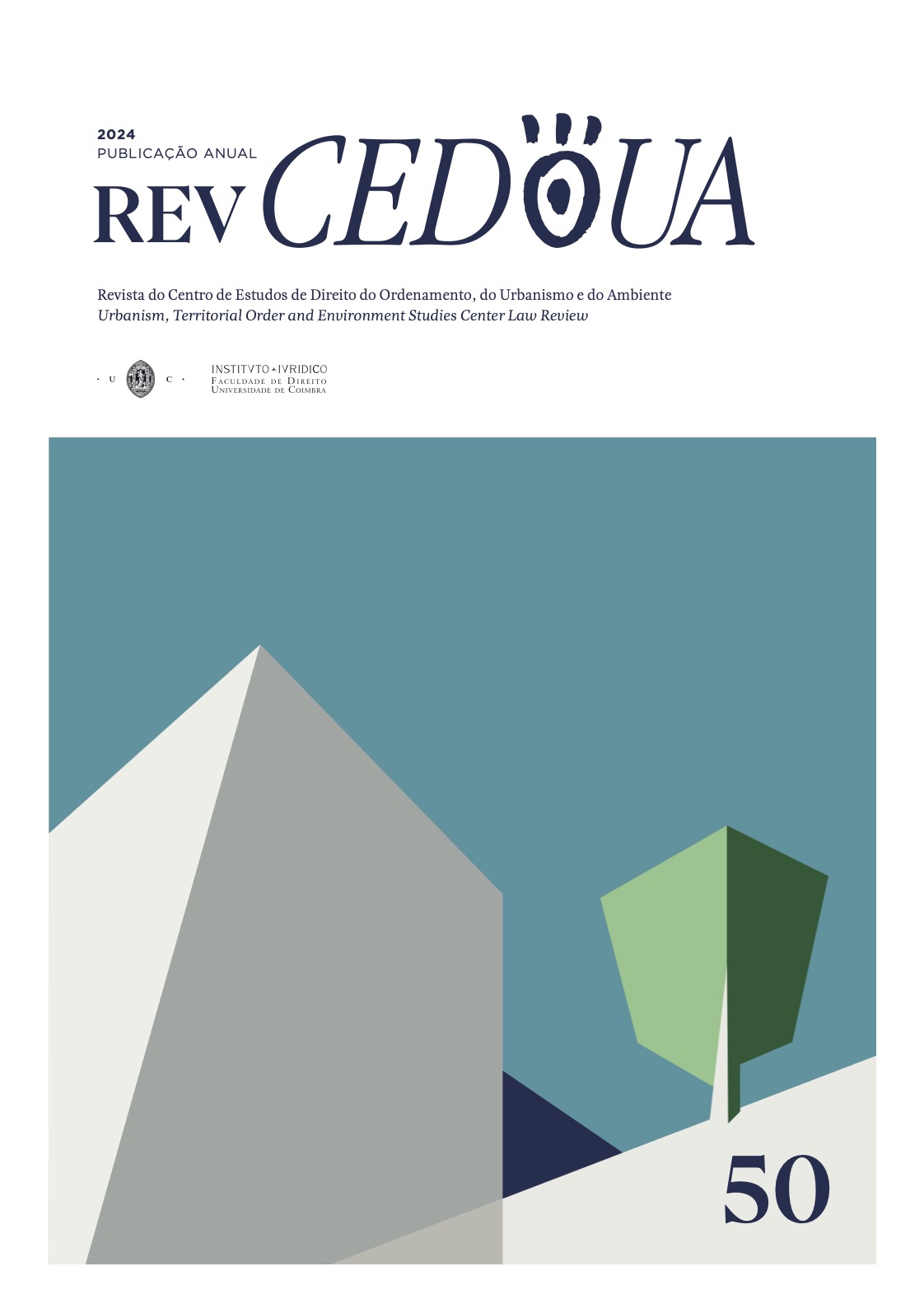Contribution to a Critical Reflection on the Evolution of Tax Benefits for Urban (and Building) Rehabilitation in the Scope of ‘IMI’ and ‘IMT’
DOI:
https://doi.org/10.14195/2182-2387_50_3Keywords:
Taxation, Tax Benefits, Urbanism, Property Taxes, Municipal Property Tax (‘IMI’), Municipal Property Transfer Tax (‘IMT’), Urban Rehabilitation, Building RehabilitationAbstract
The physical deterioration of real estate (namely, in historic city centres) and the defective building occupation of the territory are foundational for the edification of a “urban rehabilitation urbanism” determined to requalify and revitalize decayed urban fabric, through the modification of the legislative and regulatory framework in force.
Under the challenging and demanding task of articulating the duty of private actors to rehabilitate with the duty of the State to promote urban rehabilitation, a wide range of exemptions from property taxes, which are aimed at encouraging private investment in the conservation and rehabilitation of existing buildings, have been consecrated (and, successively, accommodated).
In fact, the debate concerning the effective concretization of tax benefits to urban rehabilitation remains quite relevant, largely due to the undeniable practical relevance of the issue in question, especially as it is “intertwined” with the constitutional rights to housing and urban planning, and is part of the range of measures on which the dynamization, realization and implementation of those rights depend.
Thus — aware of the several points of contact between urbanism and taxation, but limiting the object of this research paper to the analysis of the tax benefits that the legislator has reserved for urban rehabilitation in the scope of ‘IMI’ and ‘IMT’ —, we will critically reflect on the evolution of the aforementioned tax benefits.
Downloads
Downloads
Published
Issue
Section
License
Copyright (c) 2025 Ana Luísa Paiva

This work is licensed under a Creative Commons Attribution 4.0 International License.
Authors retain copyright and grant the journal right of first publication with the work simultaneously licensed under a Creative Commons Attribution License that allows sharing the work with recognition of authorship and initial publication in Antropologia Portuguesa journal.



